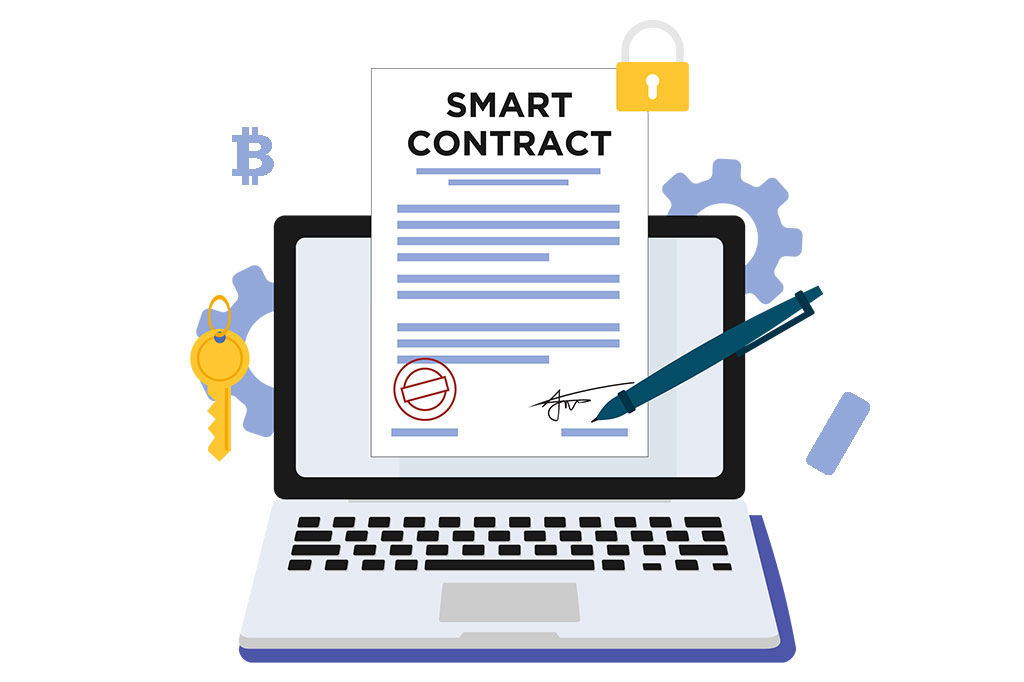
Smart contracts are computer protocols that facilitate, verify, or enforce the negotiation or performance of a contract. These contracts are self-executing and run without the need for a centralized authority or third parties. Smart contracts are based on blockchain technology, which is an immutable and distributed digital ledger.
Smart contracts consist of predefined rules and conditions that automatically execute when certain criteria are met. These rules are written in specific programming languages and are stored on the blockchain, ensuring that all participants have access to the same rules, and the outcomes are tamper-proof.
How to Program Smart Contracts?
Smart contracts can be programmed using various programming languages. One of the most popular languages for programming smart contracts is Solidity, which is specific to Ethereum, one of the leading blockchain platforms. Solidity allows for defining the contract’s logic, specifying conditions, and actions to be taken when certain events occur.
In addition to Solidity, there are other programming languages for smart contracts, such as Vyper, Serpent, and Chaincode (for the Hyperledger Fabric platform). Each language has its own features and advantages, but they all share the goal of enabling the creation of secure and reliable contracts on the blockchain.
Examples of Smart Contracts
- Decentralized Crowdfunding: Imagine a crowdfunding platform where projects can raise funds without relying on intermediaries. A smart contract can be used to define fundraising rules, set a funding goal, and automatically release funds once that goal is achieved. Contributors would have the assurance that the funds will be used as agreed, eliminating the need to trust a third party.
- Property Registration: Smart contracts can also be used for property registration. For example, a smart contract can store the ownership information of a house, including buyer and seller details, and transfer conditions. Once the transaction is completed, the contract updates automatically, transferring ownership to the new owner and recording the transaction on the blockchain.
- Automated Insurance: Smart contracts can revolutionize the insurance industry by automating the claims process. For instance, in the event of a car accident, a smart contract could automatically verify accident details and process the claim payment if certain predefined conditions are met. This streamlines the process and reduces the need for intermediaries, resulting in a more efficient experience for policyholders.
Smart contracts offer a new paradigm in contract programming, enabling automation and autonomous execution of agreements on the blockchain. By eliminating intermediaries and providing transparency and security, smart contracts have the potential to transform various sectors, from finance to supply chain management. As blockchain technology continues to evolve, smart contracts are expected to play an increasingly important role in the business and legal landscape, delivering significant benefits for all parties involved.
If you’re interested in developing smart contracts using Solidity, you can rely on the Qualitapps team. We specialize in blockchain solutions development and have experience in smart contract programming. Our team can assist you in designing, programming, and deploying customized smart contracts tailored to your specific needs. Feel free to contact us for more information on how we can help you leverage the full potential of the blockchain in your business.





